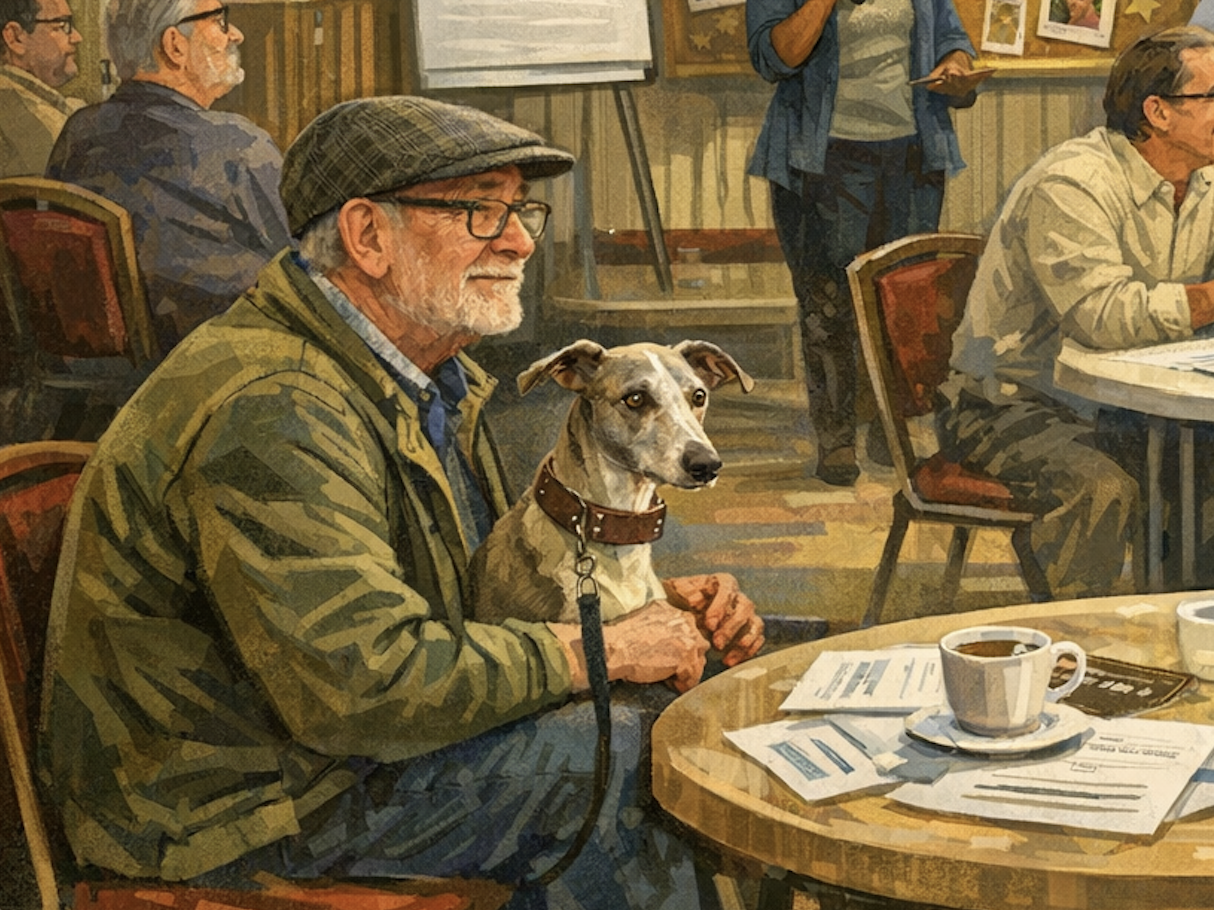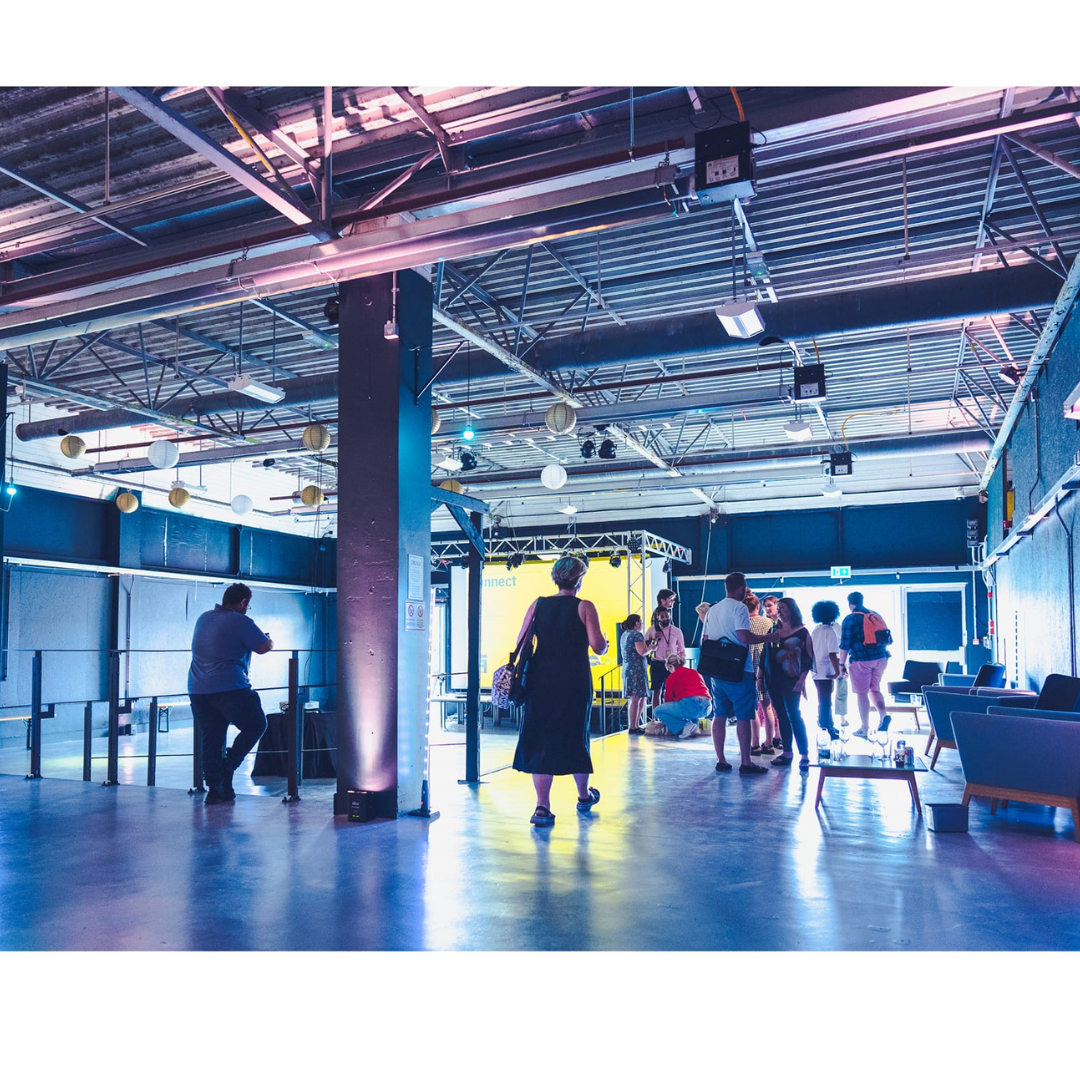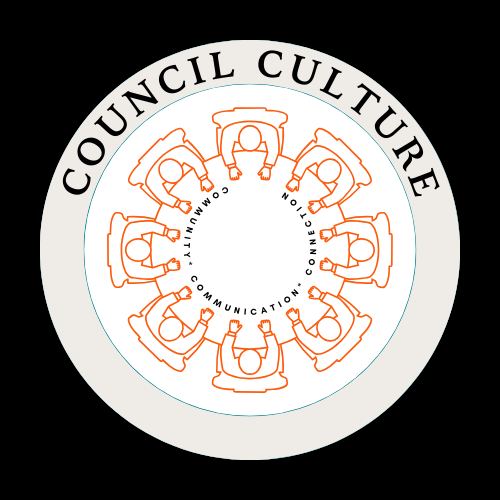We Are Super Weston Podcast
‘Super Weston’ podcast, shines a light on all the reasons why Weston-super-Mare is a ‘super’ place to live, work and visit. Tune in and listen to stories of business innovators, local people with unique stories to tell about life in Weston, and those who are raising the game through new projects and events.


The Future of Councils: AI, Communication & Culture -Webinar replay
Across the UK, town and parish councils are being asked to do more to rebuild public trust, lead local partnerships, and stay ahead of rapid digital change. The Future of Councils webinar explored how communication, culture, and technology can come together to create councils that thrive, not just survive.

When Behaviour Isn’t the Problem: Trauma, Triggers and the Human Side of Council Life
Trauma isn’t the event. It’s the body and brain’s response when something feels too much, too fast, or too long — and there isn’t enough support to come back to safety.
For many people, trauma sits quietly. It can come from childhood, loss, or even the constant exposure to conflict and criticism that some council staff and councillors face. When safety is uncertain, the nervous system stays alert. It’s trying to protect us, even when we’re sitting in a meeting.
When that state becomes normal, small triggers — a raised voice, a dismissive comment, or a last-minute agenda change — can push people into survival mode. It’s not logic running the show then; it’s the body’s defence system.

Why Every Council Needs a Living Officer–Councillor Protocol
I recently worked with a council to create an officer–councillor protocol. What struck me most wasn’t the document itself — it was the conversations it created.
When people think of protocols, they often imagine something dry: a list of rules about who can email whom. But at their best, these documents are really about relationships — how people communicate, how they build trust, and how they handle difference.
In councils, that relationship between officers and councillors is unique. It’s not replicated anywhere else in public life. Councillors bring democratic leadership and vision; officers bring professional and operational expertise. Each depends on the other. But when boundaries blur or communication breaks down, the whole organisation feels it — from internal morale to public confidence.

Why Councils Feel So Challenging — and How We Can Change the Narrative
This article is adapted from the first in a four-part series of webinars on civility and respect in councils for the SLCC. It explores why local government can feel uniquely challenging, how cultural narratives shape behaviours inside and outside council chambers, and what we can do to build healthier, more resilient working environments.

Councils as Catalysts for Belonging: How “Listening Comms” Improve Wellbeing
Local government sits at street level. When councils listen well and communicate with care, they don’t just deliver services — they create belonging. This article distils a recent talk I gave about why human psychology should sit at the heart of council communications, and how practical changes in our approach can strengthen communities, reduce burnout, and build trust.

The Power of Humour, Emotion, and Storytelling in Council Comms
We are oversaturated with content, facts alone won't cut through. People scroll, skim, and switch off. What makes them stop, feel, and remember? Emotion. Humour. Storytelling. These are not just marketing tools, they are the heartbeat of meaningful communication.
And yet, council communications can feel heavy, dry, or overly formal. Understandably, councils handle serious issues. But seriousness doesn't have to mean dullness. When we let a bit of
humanity in, we become more relatable, more trusted, and more effective.

Creating Surveys That People Actually Want to Answer
People are more likely to respond to council surveys if they believe it will lead to action. That means publishing the results, even in summary form, and showing how feedback is being used. When you follow up with “You said, we did,” participation increases the next time.

The Drama Triangle, Why Councils Get Cast as the Villain
One of the great ironies of council work is this: we are often trying to do something kind, helpful, or celebratory, and somehow we end up being the bad guy. We organise an event, only to be told we wasted public money. We plant trees, and someone vandalises them. We install a bench, and we’re accused of ignoring something more important. Why does this happen?

How to Use Psychology to Boost Event Attendance
You’ve booked the venue, designed the posters, posted on social media, and even put a notice in the parish magazine. But when the day comes, attendance is low. Sound familiar? Or after the event, people say, ‘But I never heard about it until after’.
One of the most frustrating parts of council communications is promoting an event only to hear, “I didn’t know that was happening.” It’s not just disheartening; it points to a deeper issue: how our messages land.

Why Councils Feel Hard to Reach (and How to Change That)
We often talk about “hard-to-reach communities” in local government, but what if we flipped the lens? What if the real challenge isn’t that communities are hard to reach, but that councils feel unreachable?
Before I worked for a council, I saw them as faceless, formal bodies that didn’t speak to me or for me. They felt a bit stuffy, maybe even middle class, and certainly not somewhere I imagined having a voice. That perception isn’t just mine, it’s common among residents who have never interacted with their local council beyond paying council tax or reporting a missed bin.
So how do we change that? It starts with understanding why the disconnect exists.

Partnership Working in Local Government – More Than Just Good Intentions
In theory, partnership working in local government is a golden thread: a way to pool resources, align goals, and deliver better outcomes for communities. In practice, it sometimes reveals a more complicated tapestry frayed by miscommunication, power struggles, and unclear purpose.
Local councils don’t work in a vacuum. From unitary authorities to voluntary sector groups, effective collaboration can transform outcomes. But it demands more than structures and meetings; it requires cultural understanding.

How Polyvagal Theory Applies to Council Meetings
Ever found yourself in a meeting ‘shutting down’ In other words, losing track of what’s being said, zoning out, or not responding when you should? Or the other way, speeding up your speech, body shaking or twitching (stimming)? Well, this ‘hyper or hypo’ response to challenging meetings can be explained in a theory!

Understanding Psychopathic and Narcissistic Behaviour in Councils
Between 4% and 12% of CEOs and senior leaders are estimated to have psychopathic traits. This doesn’t necessarily mean they are dangerous, but they may exhibit behaviours that can be damaging in collaborative environments like councils.

Why People Become Challenging – And What You Can Do About It
People aren’t problems to solve. They’re puzzles to understand. And councils, like communities, can be rebuilt. One honest conversation at a time.
The people we label as "challenging" are acting from deep, unconscious patterns that have very little to do with the matter at hand and everything to do with unresolved dynamics—both personal and systemic.

How Town and Parish Councils Can Use AI to Improve Efficiency and Communication
Artificial Intelligence (AI) is rapidly transforming the way organisations work, and Town and Parish Councils are no exception. With tools like ChatGPT, councils can significantly streamline their workload, improve communication, and enhance engagement with their communities.

Building Boundaries
Someone asks for a favour or a work request lands in our inbox, and we instinctively say yes. Not because we want to, but because we feel we should. Moments later, we feel that familiar pang of resentment bubbling up.
Why do we do this to ourselves?
The answer lies in our relationship with boundaries and the difficulty many of us have in saying no. But here’s a simple, powerful question that can transform the way you make decisions:
Can I say yes to this in goodwill, or will I build resentment for saying yes?

Recruiting and Engaging Councillors:A Thoughtful Approach
When we think about the process of recruiting and engaging councillors, we often overlook a key point: What motivates people to step into these roles?

Unleashing Your Authentic Self at Work
Working in town and parish councils often involves navigating challenging interactions with people. If you are interested in personal development and leadership, you understand the importance of embracing your true self. But just how easy is that in your role?
